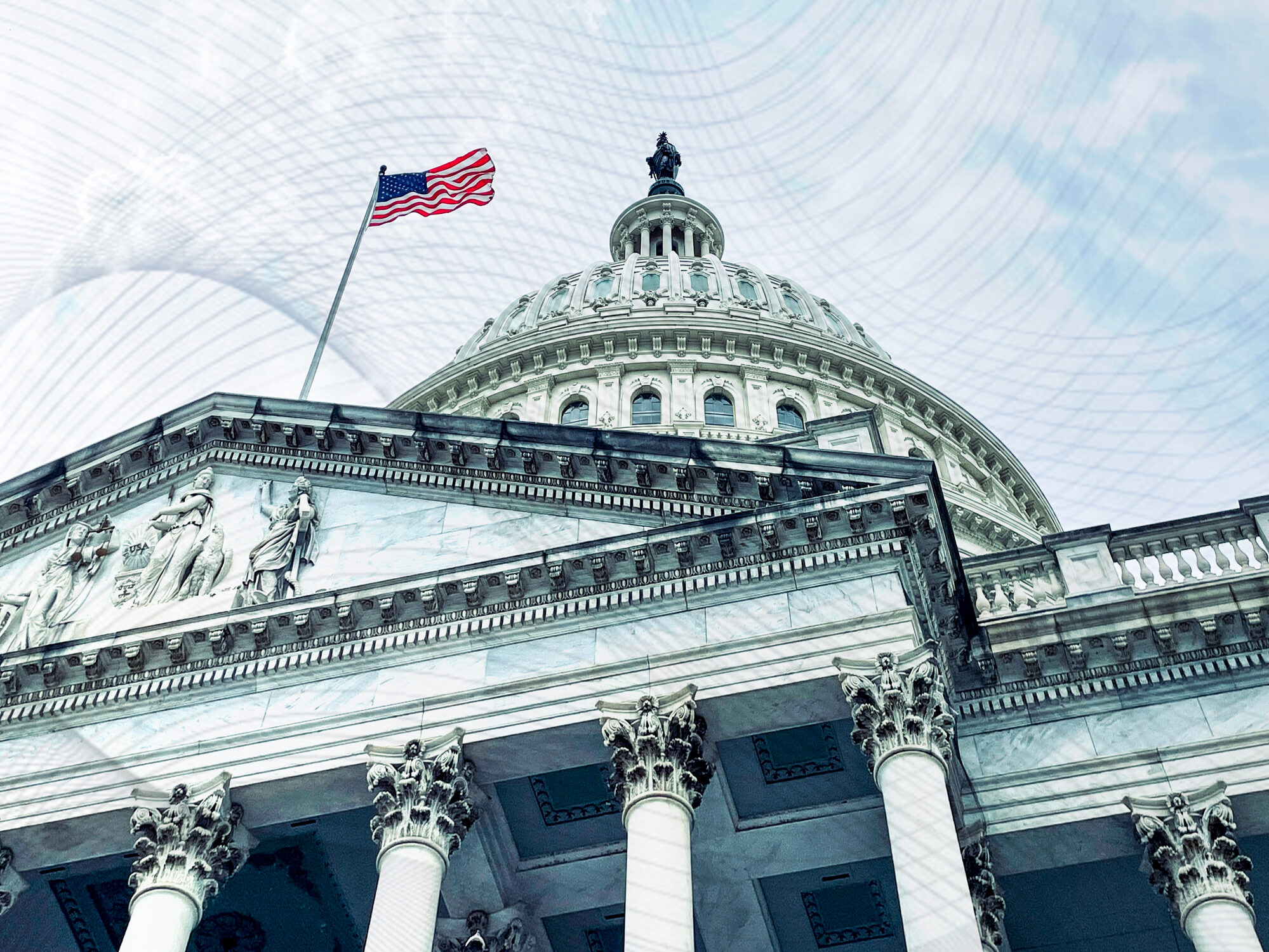
ICYMI: AFFM Executive Director Calls for Smart Policy Solutions to End the Weaponization of Financial Regulation and Uphold Free Market Principles in Banking Reform
Sep 22, 2025
“Congress and the Administration must take steps to stop regulatory overreach and abuse of power, fix bad policies that drove unnecessary account closures, and ensure no bank makes decisions for political or religious reasons.”
In a new op-ed in the Washington Examiner, Americans for Free Markets (AFFM) Executive Director David Ibsen calls on Congress and the Trump Administration to protect customers and preserve free markets by ending the regulatory overreach that drove debanking under previous administrations. Ibsen argues that:
- Banks are businesses, not ideologues. It defies logic and free-market principles to assume profit-seeking institutions would intentionally exclude large groups of paying customers.
- Federal regulators’ exploitation of vague rules (e.g. “reputation risk”) heavily influenced bank behavior. For over a decade, regulators used subjective standards to pressure banks into dropping lawful clients or industries.
- Operation Choke Point set the precedent. Under the Obama administration, DOJ and FDIC pushed banks out of entire legal industries. The pattern continued under President Biden. Ambiguous interagency statements on digital assets led to account closures (or even a lack of account openings), showing how unelected officials can distort markets.
- President Trump’s executive order is corrective. It prevents regulators from weaponizing guidance and restores balance to the financial system. These reforms should be made into law.
- Congress and federal regulators must act. Banking oversight should be reformed to ensure that ideology never masquerades as supervision and that decisions are left to banks, not bureaucrats.
Read the full Washington Examiner op-ed below, also available HERE.
To ensure fairness in banking, protect banks from political pressure
Washington Examiner
David Isben
September 20, 2025
A segment of the right has developed a growing suspicion of financial institutions. This group views any announcement or policy change by banks with skepticism, even when such policies actually work to expand access for, and protect the interests of, conservatives.
These suspicions are not unfounded. It has been widely reported that many banks took missteps, not only in response to changing markets, but also to changing pressures from Washington. However, the notion that these missteps are driven by systemic political discrimination among financial institutions is categorically false.
The reality is more straightforward. Banks are businesses first and foremost. The idea that these profit-seeking institutions would purposely exclude large segments of revenue-generating customers defies logic, not to mention free-market principles. They are required by law to weigh the risks in every decision they make, including determining who they can and cannot do business with. They are also required to “show their work” and defend their decisions to regulators, who may have different points of view. That’s where the idea of regulatory risk comes into play.
For more than a decade, the government imposed its own subjective views on banks by exploiting vague “reputation risk” loopholes to evaluate and ‘grade’ financial institutions. When regulators would signal that an otherwise law-abiding institution, customer or sector could harm a bank’s reputation, it created a stigma that the banks could not afford to ignore given the potential for heavy costs and legal exposure.
In the Obama years, that regulatory leverage became explicit. Under Operation Choke Point, the Justice Department and the FDIC pushed banks out of whole categories of lawful business they labeled as “high risk.” A congressional investigation uncovered thousands of records showing how government pressure was used to deliver policy outcomes favored by the White House but never authorized by Congress. It was a stark lesson in what happens when subjective standards meet enormous supervisory power. Banks are unfairly pressured, and it could result in a decision the bank otherwise would not have made to protect the firm from steep penalties.
The pattern did not end with a new administration. Under Biden, similarly broad interagency statements about digital assets coincided with widespread account closures and refusals. Whether one is in favor of crypto or not is beside the point. Markets should never be governed by ambiguous statements from unelected officials.
President Trump’s executive order stops this government overreach into our business and financial activities. It directs federal banking agencies to strip reputational risk and equivalent concepts from guidance and exams and to build a government-wide strategy that prevents debanking.
These are smart policy solutions that will right the wrongs of previous administrations and ensure regulators cannot exploit bad policy to weaponize America’s financial system for political purposes.
Even after acknowledging the regulatory forces in Washington driving the issue, some critics still insist that banks dropped certain customers because of ideological biases and then placed the blame on regulators. Such a charge ignores the exposure banks assume when they take on a new client, retain an existing client or exit someone they should not have — only to find out years later they got it wrong. Every potential mistake invites lawsuits, political scrutiny, and lost revenue.
Congress and the Administration must take steps to stop regulatory overreach and abuse of power, fix bad policies that drove unnecessary account closures, and ensure no bank makes decisions for political or religious reasons. At the same time, banks must be able to consider all business risk — from operational, to credit, to litigation and even reputational, because it all impacts their business. It is important that banks are protected to make independent decisions that are in the best interest of their clients, shareholders and the firm itself.
These efforts will level the playing field, no matter who sits in the White House. Americans are best supported by a financial system that serves customers, follows the law, is insulated from government weaponization for political purposes and ensures banks — not bureaucrats — are making business decisions.
Now is the time to modernize the rules so ideology cannot masquerade as supervision and to let banks compete to serve everyone.
David Ibsen is executive director of Americans for Free Markets (AFFM).

